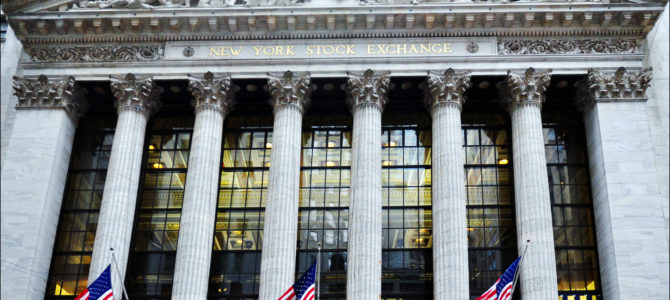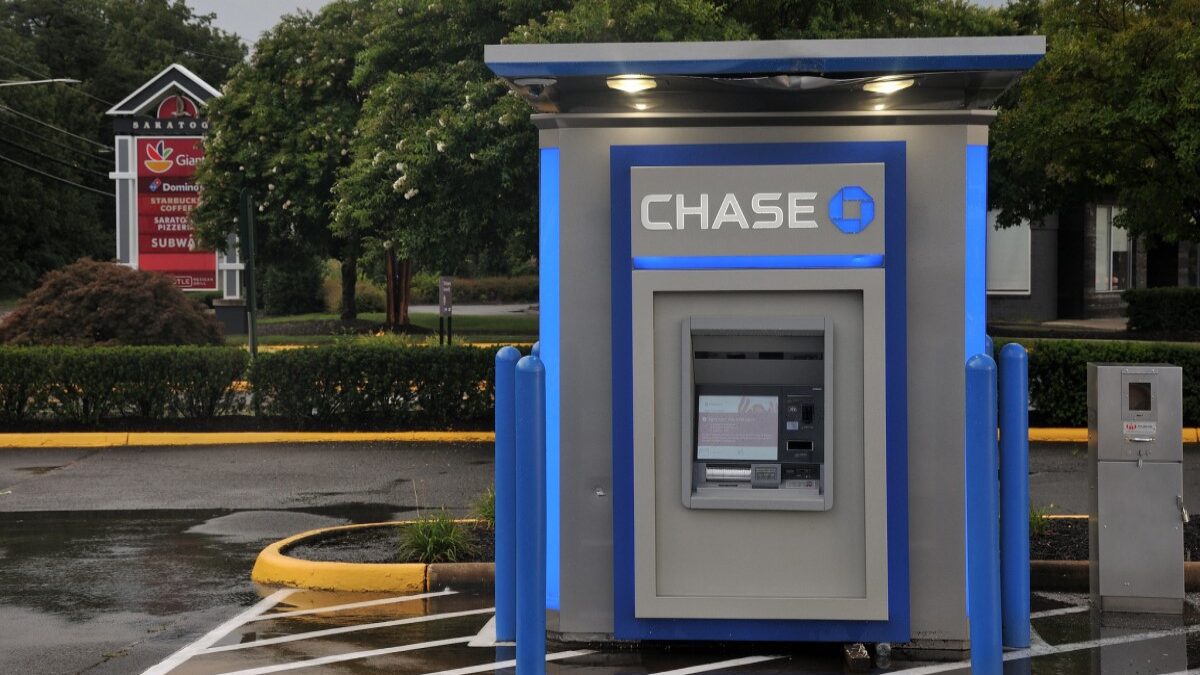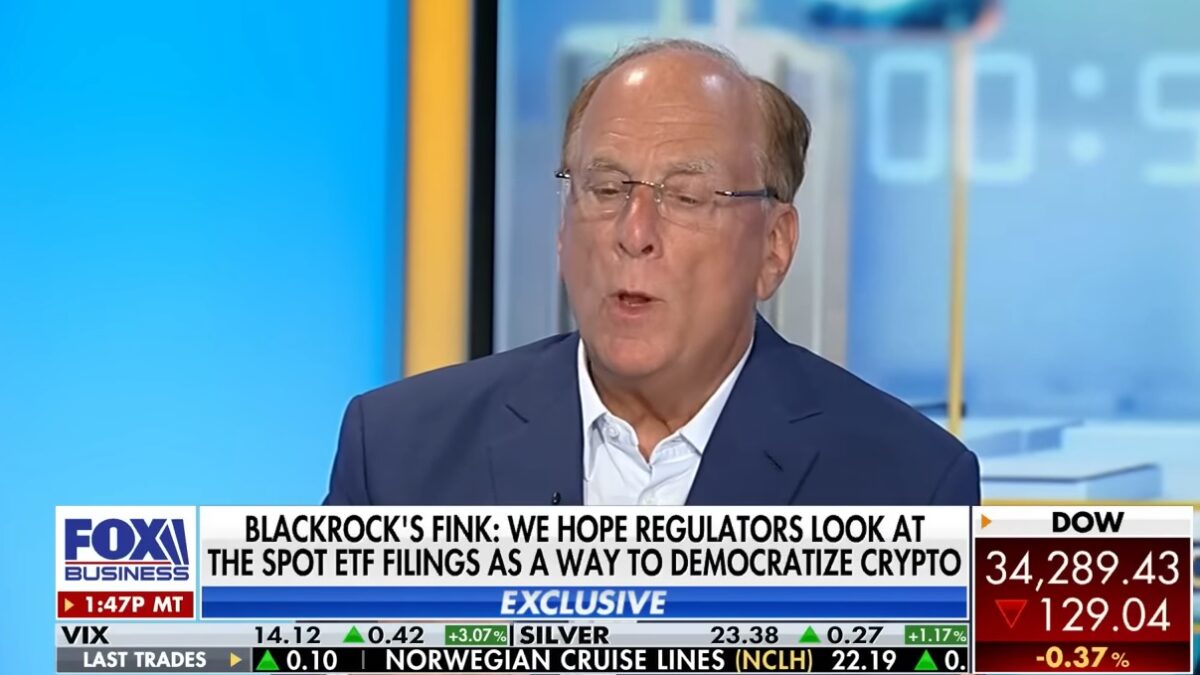
Concern this week about the possible collapse of China’s Evergrande, which has a massive debt burden of $305 billion, highlights one more reason Congress needs to act to protect U.S. investors from Chinese companies.
The Sarbanes-Oxley Act of 2002 mandates the Public Company Accounting Oversight Board (PCAOB) and the U.S. Securities and Exchange Commission (SEC) inspect audit paperwork of all companies that issue securities in the U.S. The goal is to “protect investors and further the public interest in the preparation of informative, accurate, and independent audit reports.” More than 50 foreign jurisdictions comply with this U.S. law. But in the name of national security concerns, the Chinese government has prevented both domestic and foreign auditors of Chinese companies listed on U.S. exchanges from submitting audit reports to PCAOB and the SEC for inspection.
SEC Chairman Gary Gensler issued a warning to Chinese companies listed on U.S. stock exchanges recently: comply with our audit rules or be delisted. But Gensler’s threat came with a caveat: Chinese companies will have a three-year grace period before they may have to face any consequences. Given all the known risks of investing in Chinese companies, Kyle Bass, Hayman Capital founder and a vocal critic of China, said the SEC’s delayed enforcement would allow Chinese companies to have an “open season on U.S. investors” for three more years.
For decades, Chinese companies have successfully tapped into the U.S. capital market and U.S. investors have helped fund China’s astonishing economic growth. As of May 2021, there are 248 Chinese companies listed on U.S. stock exchanges, with a market capitalization of $2.1 trillion.
Past Fraud at Chinese Companies Listed on U.S. Stock Exchanges
U.S. regulators have good reasons to be concerned about investors’ risk exposure because corporate fraud in China is a well-known epidemic. In 2018, auditors in China declined to endorse 219 annual reports prepared by Chinese companies because the auditors either found problems with these companies’ financial statements or had expressed concern about the companies’ likelihood of survival.
Last year, Luckin Coffee, a Chinese startup that went public on NASDAQ in May 2019, disclosed that several of its employees, including its chief operating officer, had fabricated the majority of the company’s 2019 sales. Two months later, NASDAQ delisted Luckin stock. At the time, Luckin’s share price was only $1.48, a stunning 97 percent decline from its all-time high of $51 per share less than a year ago. Investors of Luckin stock suffered massive losses.
Shortly after Luckin’s financial fraud was exposed, another U.S.-listed Chinese company, TAL Education Group, one of the largest education providers in China that offer K-12 after-school tutoring services, revealed that one of its employees had inflated the company’s sales by “forging contracts and other documentation.” The share price of TAL dropped 23 percent in one day. The accounting scandals of Luckin and TAL renewed the concern that Beijing’s refusal to comply with the U.S. law while continuing to access U.S. capital markets has subjected U.S. investors to significant investment risk.
A succession of U.S. administrations has engaged many rounds of diplomatic negotiations with Beijing, hoping that China would comply with U.S. law and let PCAOB and SEC inspect audit reports for Chinese companies listed on U.S. exchanges. Beijing never budged. In 2012, a frustrated SEC filed administrative proceedings against five Chinese accounting firms (all of them global firms’ Chinese subsidiaries), for failing to hand over audit records of the Chinese companies under SEC investigation. The five firms claimed that if they followed SEC’s order, they would violate Chinese laws.
Even if PCAOB or SEC were granted access to Chinese companies’ auditors, another ongoing concern is that some of China’s homegrown accounting and auditing firms are just as unreliable as their corporate clients. Rather than acting as gatekeepers, these firms have turned a blind eye to their clients’ fabricated financial statements to maintain lucrative business relationships. For example, Chinese regulators launched investigations of China’s accounting firms Ruihua and GP in 2019. The regulator found that one of GP’s corporate clients inflated its cash holding by $4 billion, and one of Ruihua’s corporate clients overstated its profit for four years by $1.7 billion.
Shell Companies Are Another Risk
Widespread corporate fraud of Chinese companies and lax oversight from Chinese auditors are only some of the many known problems investors and U.S. regulators have to deal with. Another significant problem is Chinese companies’ circuitous corporate structure.
Since Beijing bars foreigners from taking ownership in what it deems strategic sectors of the Chinese economy, many large Chinese companies created offshore holding companies or variable-interest entities (VIEs) to raise capital outside of China. Since these VIE shares do not represent ownership, they offer foreign investors minimal legal rights or protections. According to Paul Gillis, an economics professor at Peking University, in the event of any dispute between foreign investors and VIEs, foreign investors “risk finding themselves owning shares in a shell company with no assets and no business if the contracts fall apart.”
Chinese Communist Party Influence on Chinese Companies
While foreign investors do not have ownership of Chinese companies they invested in, the Chinese Communist Party (CCP) has vast influence over Chinese companies and their management. For example, between 2016 and 2017, more than 30 Hong Kong-traded Chinese companies required their boards to consult Communist Party committees before making major business decisions.
Yet, Chinese companies listed on U.S. exchanges have yet to disclose either the CCP’s ownership stake or its power to influence their business operations. Without such disclosure, foreign investors in these Chinese companies are in the dark regarding the magnitude of risks they are exposed to.
Congress Must Authorize the SEC to Act Now
U.S. lawmakers sought to protect U.S. investors and address China’s decades-long refusal to comply with the Sarbanes-Oxley Act by passing the Holding Foreign Companies Accountable Act (HFCAA) in 2020. President Trump signed it into law. HFCAA stipulates auditors of foreign public companies must allow PCAOB to inspect their audit reports of non-U.S. operations, and if “a company’s auditors fail to comply for three consecutive years, then the company’s shares would be prohibited from trading in the United States.”
The lawmakers clearly aimed at China when they drafted HFCAA, but a three-year grace period is too long to address problems we have known of for decades. While the SEC is still drafting new rules to implement HFCAA, new challenges from China have emerged.
Less than two months ago, foreign investors who have funded China’s economic growth by investing in Chinese companies had suffered their most significant loss since the 2008 financial crisis. The CCP launched a crackdown on China’s largest technology firms, private education businesses, video game makers, and food-delivery companies. Bloomberg estimates that the Chinese government’s action has wiped out $1.5 trillion in value of these companies. Even investors who do not own these stocks directly suffer losses because many mutual funds hold these Chinese stocks in their investment portfolios.
There are indications the CCP hasn’t finished its crackdown yet, as its leader Xi Jinping is determined to reshape China’s economy by will and consolidate power and control in his own hands. Xi announced in early September that China would launch a new stock exchange in Beijing to help small to medium-sized companies raise capital. China already has three stock exchanges: Shanghai, Shenzen, and Hong Kong. The establishment of the Beijing stock exchange is the latest indication that China intends to develop its own capital market further and reduce Chinese businesses’ reliance on foreign capital markets. The SEC would have very little leverage left if it waited three years to delist Chinese companies that don’t comply with U.S. law. By 2024, China’s capital market will be mature enough that these Chinese companies probably will be more than happy to take their businesses back to China and re-list on Chinese stock exchanges.
The U.S. Senate passed the Accelerating Holding Foreign Companies Accountable Act this summer, which, if enacted, would reduce the three-year grace period to two. But even two years in the investment world is still a long time. American investors continue to face the risk of enormous financial losses as Beijing stonewalls U.S. laws. To truly protect American investors, the U.S. Congress needs to authorize the SEC to take action now, not two or three years from now.









